The world is witnessing an international food war. Countries are branding their authentic national food dishes, others are literally claiming dishes that originally belong to other less developed countries under their own national flags. The process is not without long term international trade implications, country-branded national food products can only be traded across international borders after authorization of the country that owns the trade name.
“Egypt is very rich with authentic exclusive food ingredients, be it tiger nuts, dates, Saint Catherine’s honey, or sun dried tomatoes”, says Moustafa El Refaey, the executive chef and co-founder of Zooba. He adds, “Egyptians are the first people to ever dry fish. Egyptian cuisine used to be a leader in organic foods preserved by drying, with absolutely no chemicals or machine interference”. This authentic Egyptian cuisine is now vanishing because of a new shifting mentality.
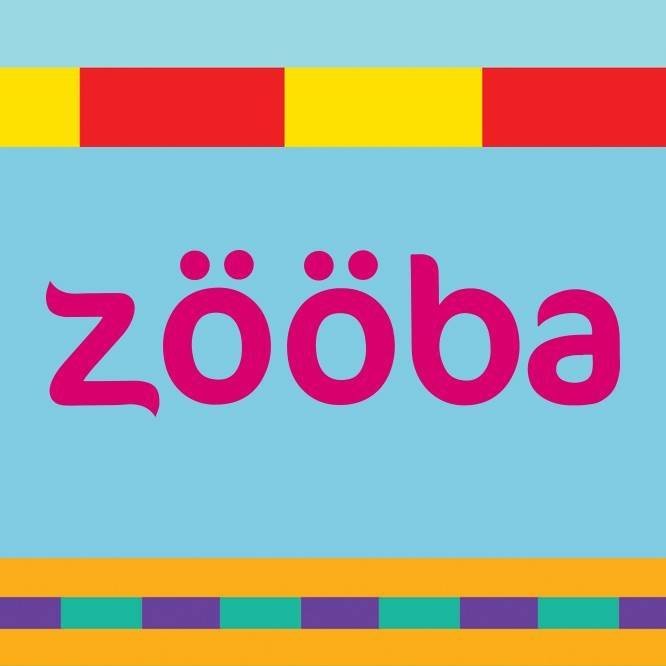
Egyptian cuisine: transforming national dishes into an international brand
Zooba is a popular Egyptian street food outlet that serves traditional Egyptian food, such as Foul, Taameya and Hawawshy, in a modern contemporary atmosphere. El Refaey is also a board member of the Egyptian Chefs Association, and a heritage keeper with the World Chefs Association in Egypt. He earned a PhD in cooking from the US, and is currently deeply interested in documenting authentic Egyptian cuisine.
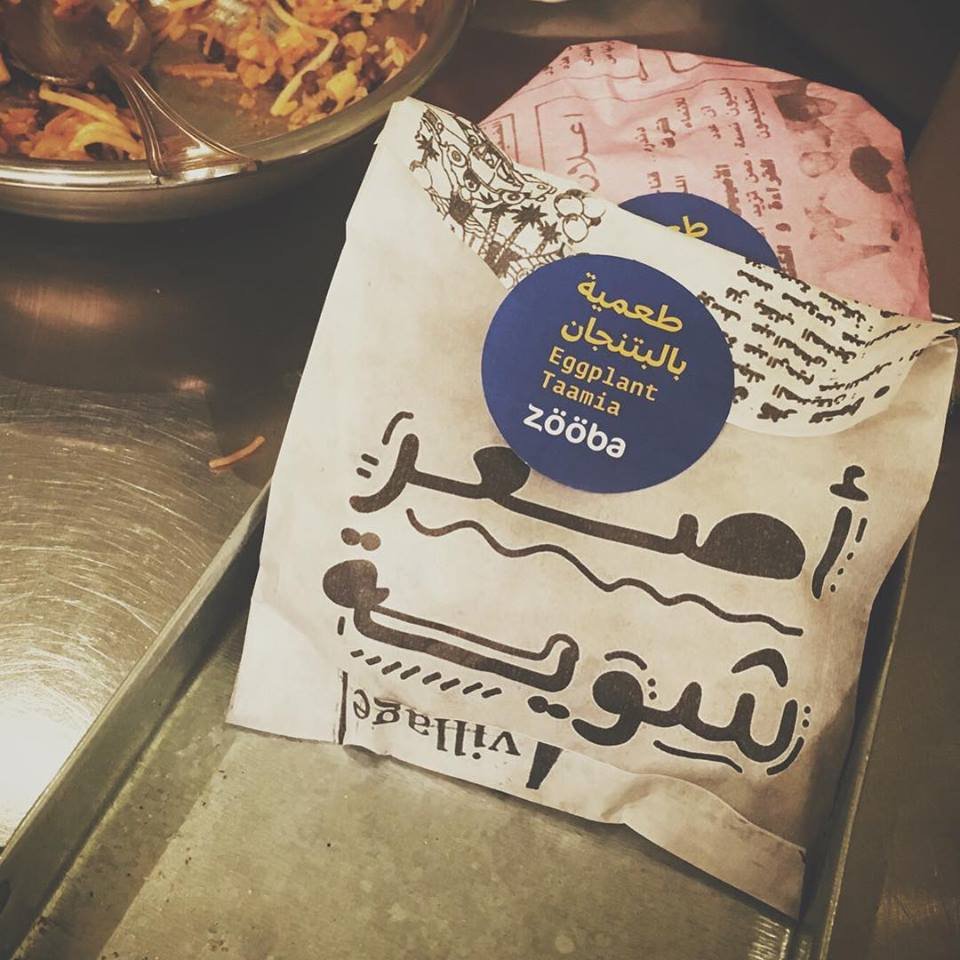
“I come from the countryside where people used to be self sufficient, cooking their own food at home from A to Z”, says El Refaey. “Suddenly, people are turning into consumers of junk food”, he sadly added. Numbers published by the Food and Agriculture Organization of the United Nations (FAO) strongly support what he suggests. The contribution of home production to the household food consumption is low, including in rural areas, estimated at 0.8% in urban areas and 11.2% in rural areas.
The Egyptian cuisine, however, has a very strong potential to position itself as an internationally respectable brand in the world of gastronomy and food consumption with a variety of healthy authentic national dishes. El Refaey describes the Egyptian Taameya as a lighter, and much more healthy replacement to the already world popular Falafel. “Egypt is the first country to ever make bread. We currently have 47 different types of bread. Egyptian bread is the God father of croissant”, he adds another example. Hawawshi is another brilliant dish that he describes as “an Egyptian burger”.
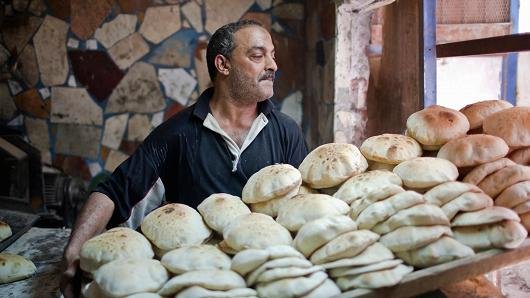
Proper international publicity is very much needed to help national dishes establish a well-deserved international recognition. El Refaey hopes he can help educate people internationally on Egyptian authentic dishes with a television program starring him with Zahi Hawas touring different Egyptian governorates and promoting local authentic Egyptian cuisine. The program, which is still a work-in-progress, is scheduled to air on an Italian TV channel.
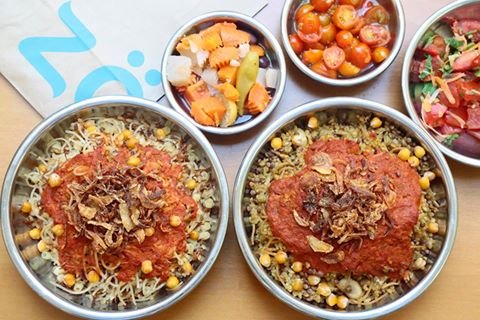
SlowFood, an organization that fights the fast food movement worldwide operating in 150 countries around the world, also organizes local events all over Egypt to raise awareness of authentic food stuffs. El Refaey contributes to their work in Egypt. “We organize a semi-annual event in Siwa to promote Egyptian dates, which is among the best in the world”, he elaborates. “We go there, and we do a complete menu of courses based on Egyptian dates”, he adds.
Zooba: a food brand that’s built on quality rather than competitive pricing
Zooba is a natural continuation for El Refaey’s battle to preserve heritage Egyptian cuisine on a local front. With his cofounder, Christopher Khalifa, they built a local street food brand that offers classical authentic dishes, as well as some innovative and creative dishes, catering to different customer segments.
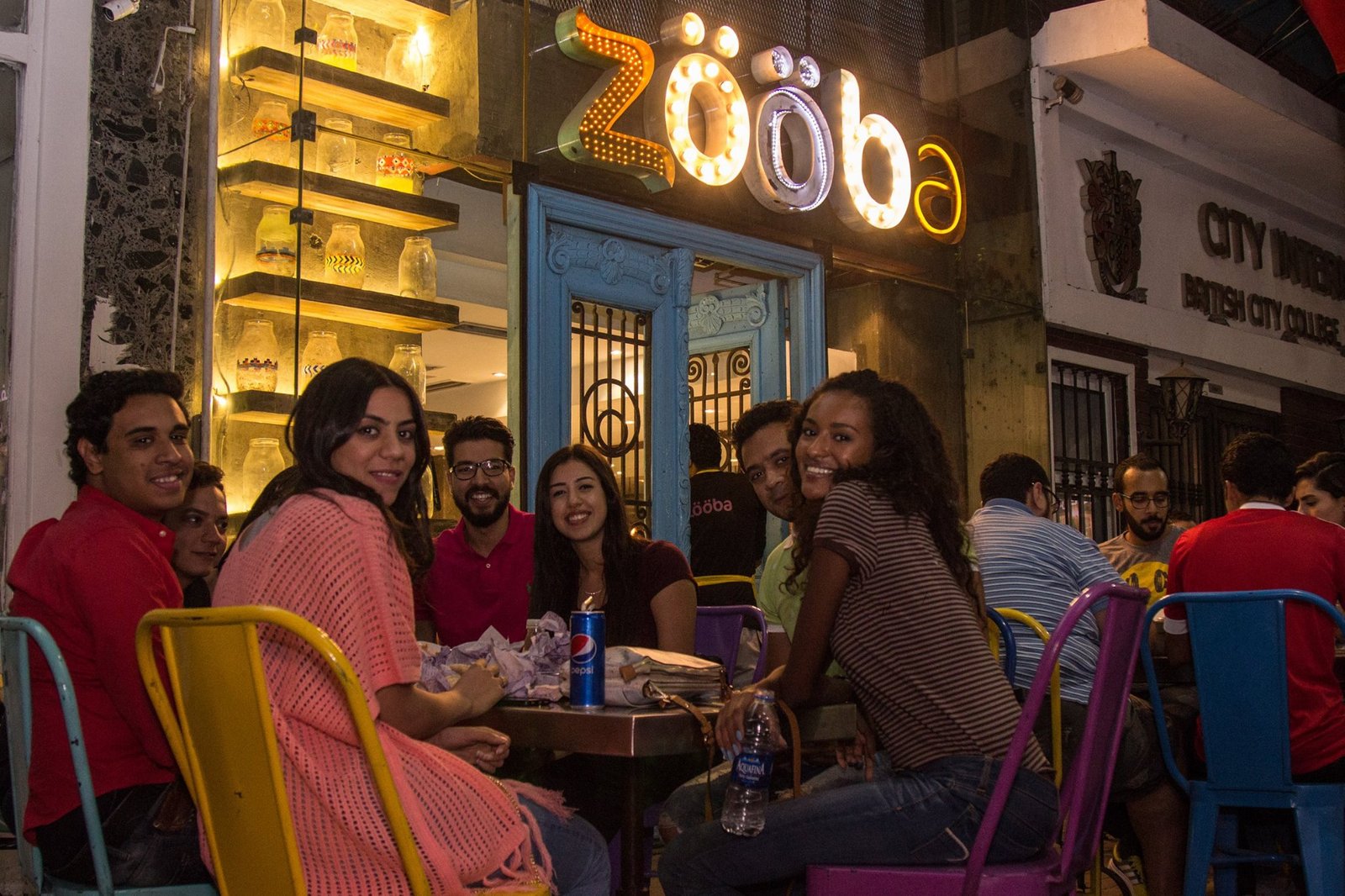
“What makes us different at Zooba, is that we care too much about sourcing our food ingredients. I know where every pack of Tomatoes, at every single Zooba branch, comes from”, El Refaey says. Zooba chefs and stewardesses are regularly lectured about food safety and hygiene, knife handling, and principles of cooking.
Employees are an integral part of Zooba’s brand experience. The company currently hires 250 employees, that El Refaey know by name, and describe as “happy” and “loyal to the brand”. Branch managers are being paid according to how happy their employees are. “We treat our employees as our initial customers, they test the food, and we make decisions based on what they think of it”, he explains.
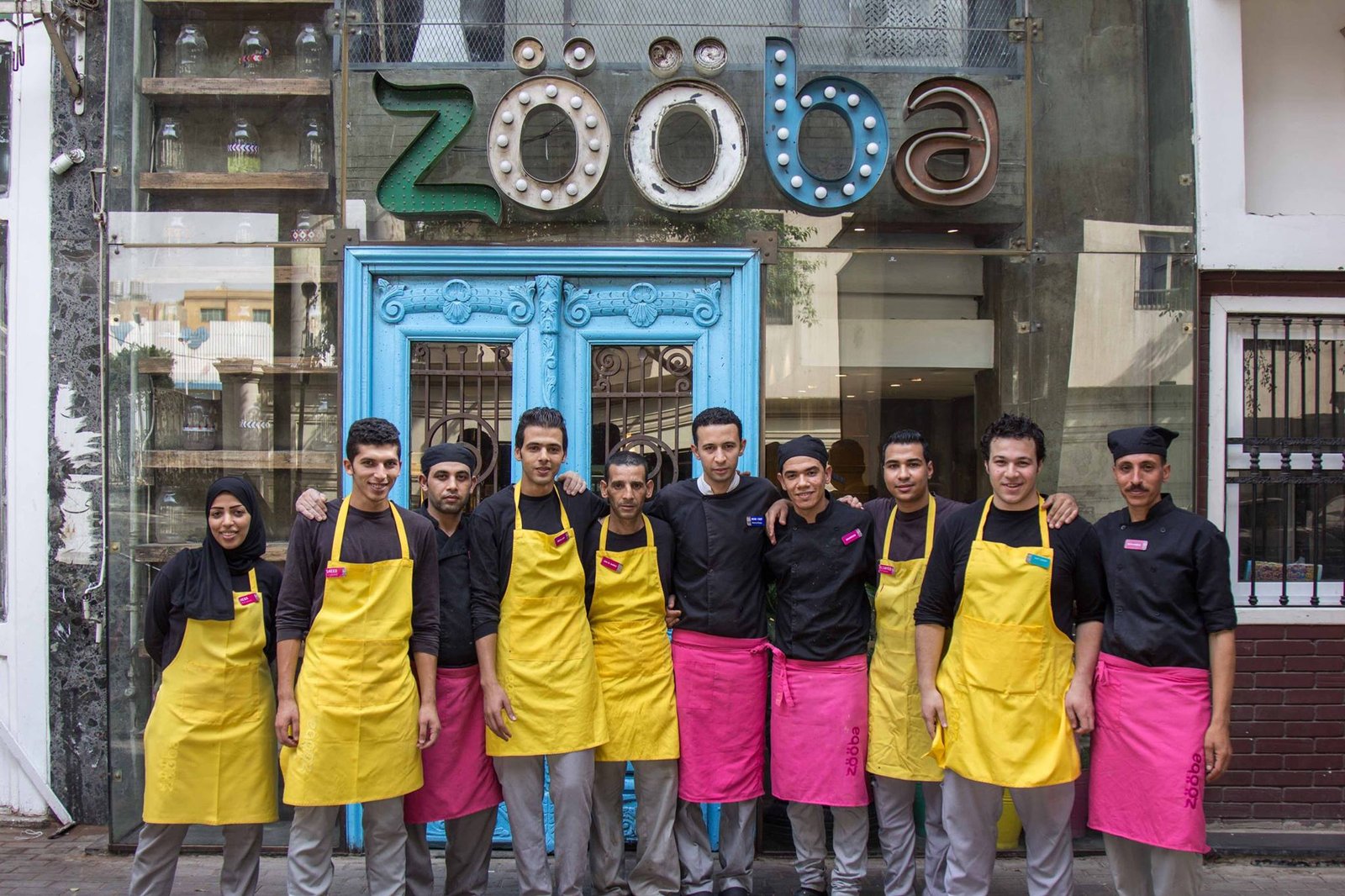
The result is a fine dining experience that’s more on the expensive side. The company recently worked on this, with a reverse psychology marketing campaign, where target groups were surveyed, and new budget small-sized sandwiches were introduced.
“From day one, our vision was to expand internationally, we wanted to deliver a message that Egyptian cuisine is rich, that it’s really delicious, and it can be vegetarian, gluten-free, and everything else”, El Refaey concludes. The question remains, can food really brand a nation ?





